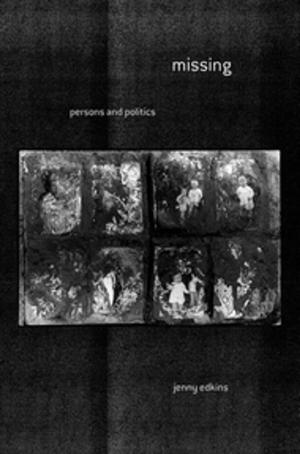Moby-Dick as Philosophy
Plato - Melville - Nietzsche
Fiction & Literature, Literary Theory & Criticism, Nonfiction, Religion & Spirituality, Philosophy| Author: | Mark Anderson | ISBN: | 9780996772518 |
| Publisher: | S.Ph. Press | Publication: | November 1, 2015 |
| Imprint: | S.Ph. Press | Language: | English |
| Author: | Mark Anderson |
| ISBN: | 9780996772518 |
| Publisher: | S.Ph. Press |
| Publication: | November 1, 2015 |
| Imprint: | S.Ph. Press |
| Language: | English |
Moby-Dick as Philosophy is at base a chapter-by-chapter commentary on Herman Melville’s masterwork, Moby-Dick. The commentary form of the book subserves a higher end, the presentation of an ideal of the type philosopher. Superimposing portraits of Plato, Melville, and Nietzsche—the thinkers themselves, their ideas and their lives—it generates a composite image from the overlaying and interblending of figures. At a higher level still, the book is a meditation on the nature of philosophy and its relation to wisdom, and the relation of creative artistry to both. It explores these themes in the context of the history of philosophy conceived as the rise and fall of a certain influential variety of Platonism—in Nietzschean terms, the life and death of God—and it proceeds with reference to the different reactions, as exemplified particularly by Melville and Nietzsche, to the nihilism that looms on the horizon of these intellectual and spiritual revolutions.
Moby-Dick as Philosophy is at base a chapter-by-chapter commentary on Herman Melville’s masterwork, Moby-Dick. The commentary form of the book subserves a higher end, the presentation of an ideal of the type philosopher. Superimposing portraits of Plato, Melville, and Nietzsche—the thinkers themselves, their ideas and their lives—it generates a composite image from the overlaying and interblending of figures. At a higher level still, the book is a meditation on the nature of philosophy and its relation to wisdom, and the relation of creative artistry to both. It explores these themes in the context of the history of philosophy conceived as the rise and fall of a certain influential variety of Platonism—in Nietzschean terms, the life and death of God—and it proceeds with reference to the different reactions, as exemplified particularly by Melville and Nietzsche, to the nihilism that looms on the horizon of these intellectual and spiritual revolutions.















